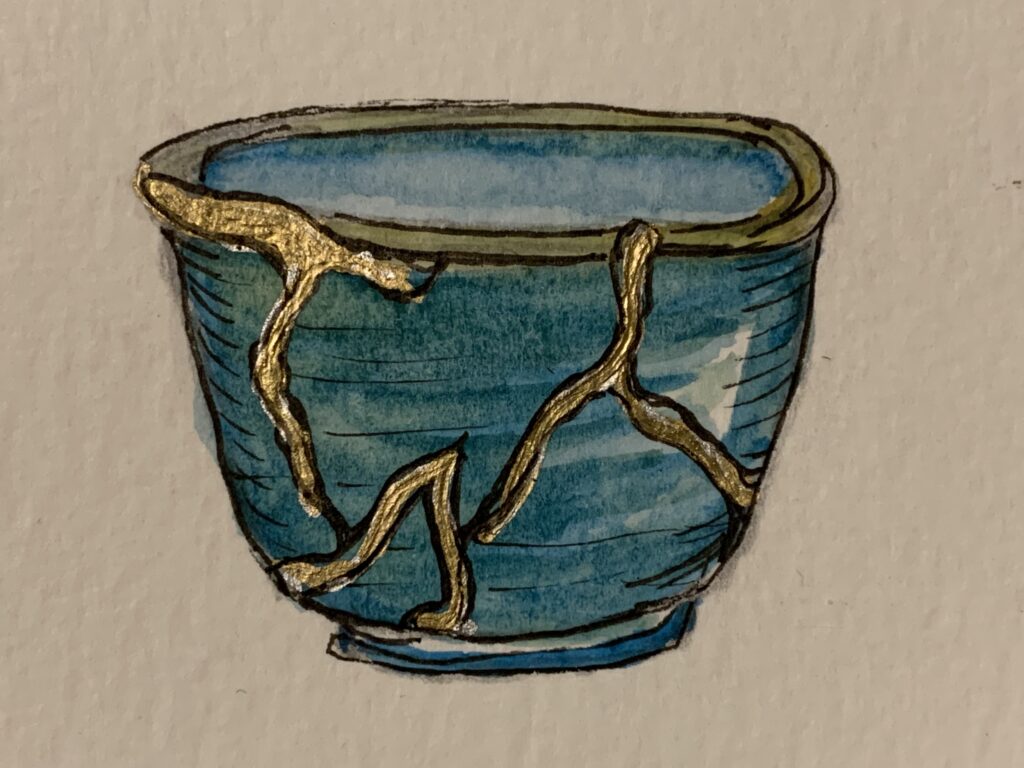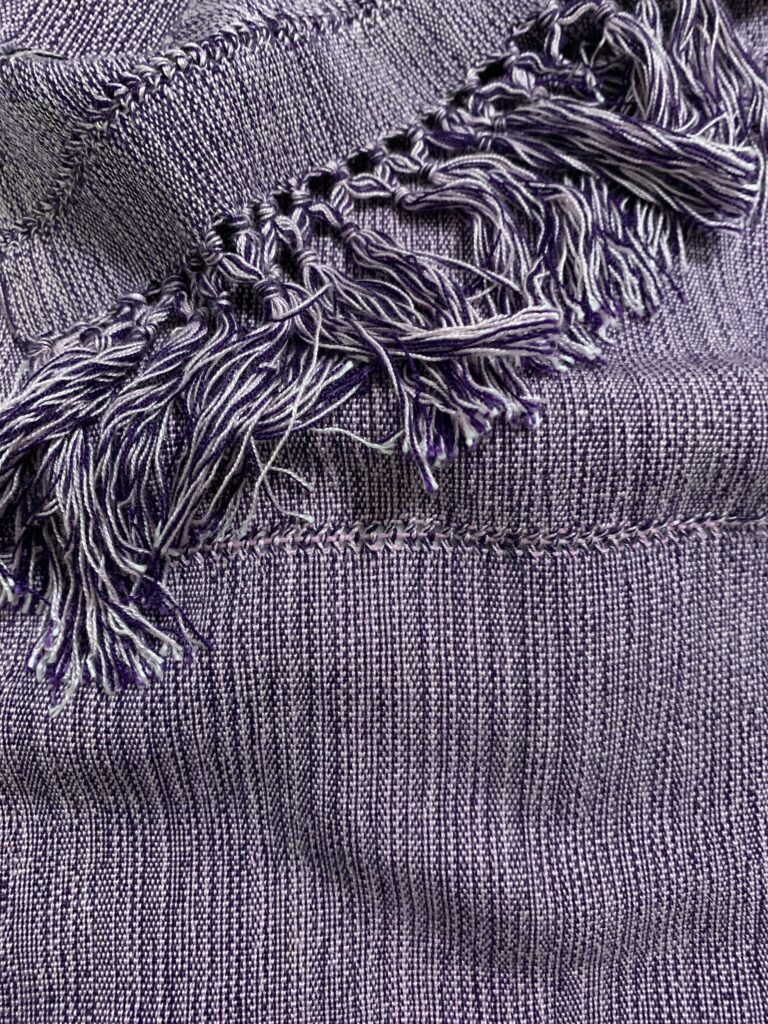While staying alone at a friend’s woodland cabin one Good Friday night, I turned off the lights and stepped outside for a walk. My eyes needed a few minutes to adjust until silhouettes of bushes, trees, and clumps of weeds emerged from the blackness. Darkness changes even the familiar, and while I knew where the little creek spilled past the end of the driveway and how the area beyond it opened to a path up a hill and along the ridge, I chose my steps carefully, listening to animal sounds and feeling the earth give way beneath my feet. Night heightened my senses, alert for danger as well as beauty.
I stepped on the end of a weathered, grey board, part of some long-gone fence or building, and the other end sprung up from the ground, startling me. It seemed alive, expectant as I was, aware that we both were in the midst of some unknown something that was coming or perhaps was already there. The board settled back onto the ground once I continued on my way. I imagined it returned to quiet attention. All creation seemed to be waiting through the night for what, I didn’t know.
The dark hours of Good Friday invite us to settle into a time of not knowing, of finally sitting peacefully, if not comfortably, with emptiness. It offers a time of deepening faith that something transformative is always happening under the surface, at the heart of things. It moves, but we cannot see. Like seeds buried in cold winter soil or a caterpillar dissolving and recreating in the shroud of its chrysalis. Like Jesus laying in the tomb. Life is at work even in what looks like death.
That truth reveals itself in the “little deaths” that everyone encounters: illness, loss, struggle, depression, uncertainty. At some point we learn that, as much as society tells us we are in control of our lives, we really are not. Some things are beyond our choosing or our making. These opportunities to let go of control and embrace our own powerlessness and uncertainty invite us to grow in trust. Trust that in the end, as Jesus said, Love cannot be overcome.
He showed us in his life and in his death, what trusting God’s Presence looks like. He lived knowing he was not alone in his journey and assured us that we aren’t either. In his lifetime, those in power tried to put him to death, to snuff out Love that made them uncomfortable and that threatened their position of privilege and their way of life. But Love that is the source of all being would not be destroyed.
Instead, by embracing his own death, Jesus transformed it from an “end” into a “beginning.” We are invited to do the same. To befriend darkness and let it in. To let it open us to surrender and receptivity. The dark times, the Good Fridays, are necessary steps into a new place. Their emptiness provides space for Love to grow deeper and to emerge transformed as Jesus did from the tomb.
At a time when the world is filled with darkness, with violence and hatred and divisions, somewhere, good is happening. Love is growing and changing us and our world. Jesus showed us that it is human to be afraid and angry, but also to trust. Trust that deep down, in places we cannot see or know in the moment, Love is alive and Eastering in us, getting ready to rise and reveal itself again and again.
Good Friday gifts us with the time to sink into quiet, into darkness. To allow ourselves to recognize emptiness and infirmity, mortality and powerlessness, and yet, eventually, find hope.

Psalm 31, prayed in the Good Friday liturgy, contains the words of surrender and trust Jesus spoke from the cross as he died: “Into your hands I commend my spirit.” But as I read further, the image that stirred my soul was this: “I am like a dish that is broken.” In dark times of unknowing, I feel like a broken bowl, my life, my spirit, in pieces. Good Friday tells me Jesus knew that feeling too. In the end, he trusted that God was holding the pieces. Like kintsugi, the Japanese art of repairing broken pottery by mending them with gold, Love puts us back together, more beautiful, and stronger than before. Able to hold more Love and to give it away.
That night at the cabin, I rested with creation in this Mystery. Unaware of “how,” we were opening to the Eastering always transforming us from within. May this Good Friday be such a gift for you.

Eastering
(Unless in silence
where sings the song?
What means the morning
unless first the night?
Unless into stillness
where comes the dance?
Unless into darkness
where breaks the light?)
Woven warp and weft of things.
- Mary van Balen 1977
Kintsugi bowl painting and weaving photo: Mary van Balen; Feature watercolor and photo: Kathryn Holt

As always, thank you for sharing your gifts of words made meaningful with us.
Easter Blessings to you !
You are very welcome, Mary Ellen. Have a wonderful Easter celebration!
I love the image of the broken bowl being put back with gold. It makes me feel restored -and more! I ted to avoid darkness but this helps me really se it’s place Thank you, Mary.
You are welcome. The desire to avoid the darkness is something we all share. Thanks for sharing your thoughts, Olga.
Lovely. Thank you, Mary.
You’re welcome, Anne. I’m glad this post spoke to you. Thanks for writing.
Letting go is a different experience for the very elderly. All our lives we have been led to cope with and do something about challenges. Not so easy.
Thanks for sharing your insight, Wilfred. Surely, you are right.